Spiritual Transformation in the Twelve Steps
$ 5.95
Product Description
The Twelve Steps of Twelve-Step programs can be used to attain spiritual transformation and unshackle the true self from the constraints of the ego. Incorporating concepts of Carl Jung, Spiritual Transformation in the Twelve Steps is a workbook that provides exercises and an in-depth, psycho-spiritual analysis of how each step is designed to be practiced to achieve this spiritual awakening whether or not you believe in God. It describes a powerful process of personal transformation anyone can use, but is particularly oriented to those in addiction and codependency recovery.
The Twelve Steps are based upon universal principles, which provide an effective model for living. “Working the steps” not only frees you of addiction, but also a holds the promise of a personality transformation, attested to by thousands of members of Twelve-Step programs. Renowned psychiatrist Carl Jung had a major influence on the founder of Alcoholics Anonymous, Bill Wilson. Jung believed that each person has a personal journey of transformation to enable expression of his or her innate potential. Jung felt that this transformation involved replacing the ego with the larger Self as the driving force of one’s life and that spirit replacing spirits could cure alcoholism. Read a summary of how the steps work.
Read Amazon reviews here.

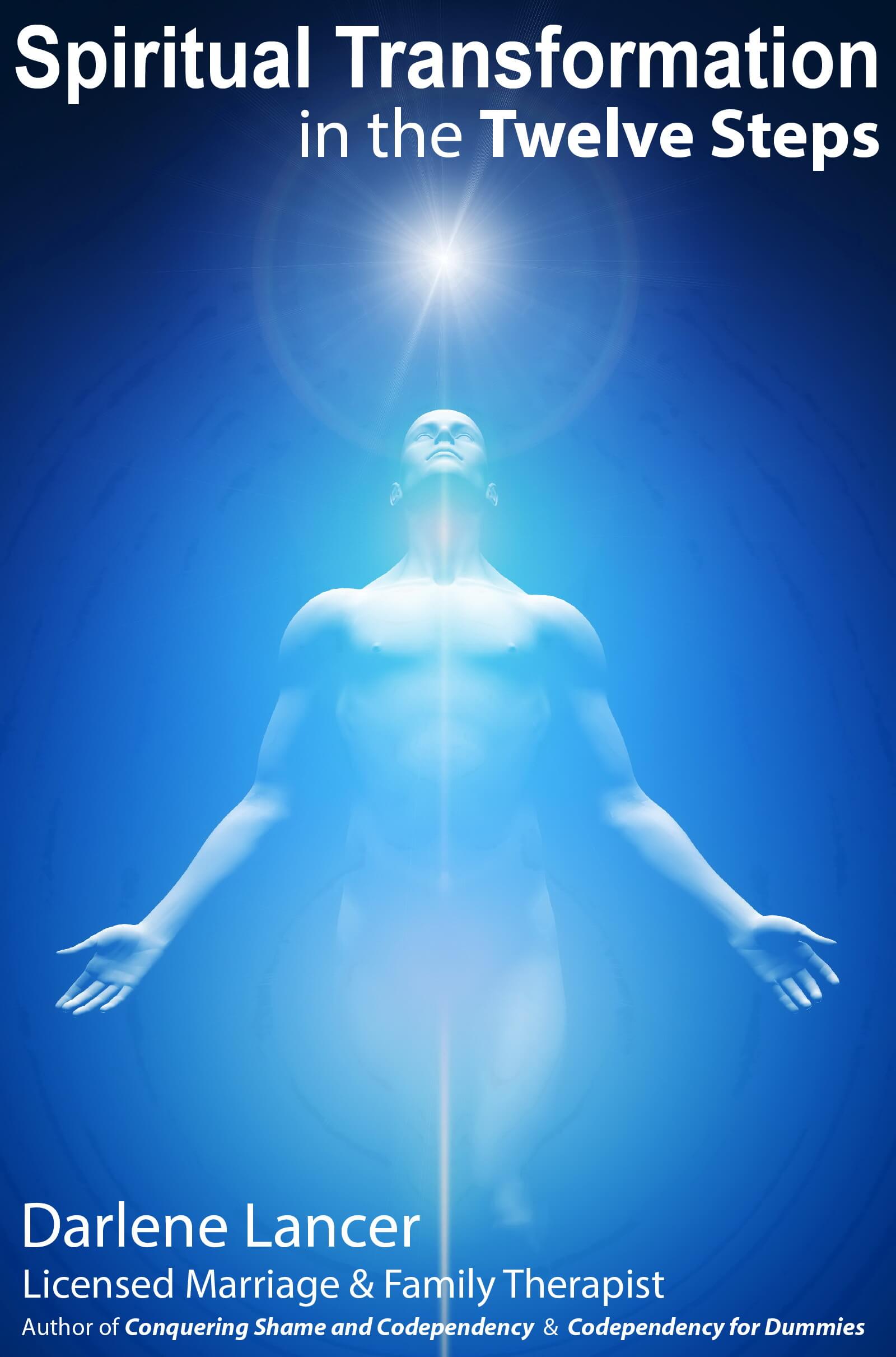
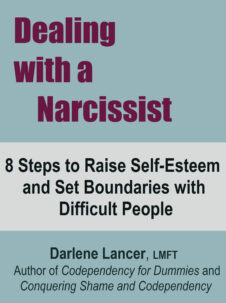

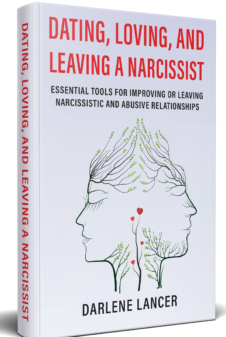
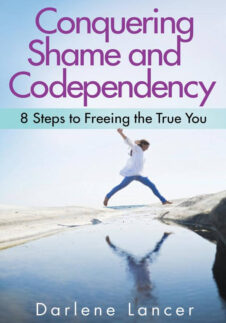
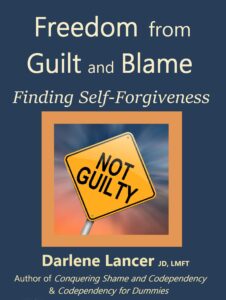
Renee –
I was happy to purchase this book because I was already familiar with Darlene Lancer’s work. I first discovered Lancer’s writings through my work writing about addiction and treatment. Her easily accessible writing style and thorough coverage of codependency and drug addiction, as well as other theories in Psychology has made her books and many articles a go-to source of information for my work. After reading Spiritual Transformation in the 12 Steps I am eager to apply the teachings to my own life as well as rely on this book as a research reference.
The introduction exemplifies Lancer’s detailed approach; while I was familiar with Bob Wilson’s founding role in AA, It was not until I read Lancer’s book that I became aware of Carl Jung’s important influence on Wilson. I appreciate how throughout the book Lancer incorporates Jungian theory, which has the effect of deepening reader understanding of the foundation of each of the 12 steps. But make no mistake this book succeeds in being easily readable and relatable, it is not written to appease academics or clinicians, the tone is entirely welcoming and an excellent cross between informational literature and a self-help/self-empowerment guide.
Lancer takes us through each of the 12 steps with attention on drug addiction and the codependent relationships that often surround it. One of the book’s greatest achievements is that it includes help for codependent individuals page after page whereas most all books modeled on the 12 steps focus solely on the substance abuser or substance abuse. If you self-identify as a co-dependent then you are only too aware of what it feels like to be neglected. But this book will not neglect you, it is written as much for you as for substance abusers. Yet another achievement of the book is that it also fits within the spiritual philosophy of Easterners such as Swami Vivekananda (referred to in Step 2) and the teachings of western spiritual teachers such as Eckhart Tolle (referenced in different steps). As an avid reader of spirituality based books (esp. Ram Dass, Swami Yogananda, and Gangaji), this aspect of Lancer’s book is particularly appealing to me.
The book is practical to the core. At the end of each step Lancer provides a list of questions, each of which is a great jumping off point for greater self-inquiry and discovery. For example, I found particularly helpful the questions: “What aspects of my life have become unmanageable?” (Paraphrased from Step 1) and, “If you would you forgive someone who completely confessed, then why wouldn’t you forgive yourself after doing so?” (Paraphrased from Step 5). Among the many pieces of advice, making amends to oneself has great personal resonance. As the book is a veritable treasure trove of healthy recommendations, there is a lot in here for everyone.
Lastly, one of books greatest surprises further deepened my trust in Lancer. I learned that she understands the 12 steps not only as a clinician, but because she has worked the 12 steps in her work with Al-Anon. I recommend this book to anyone who is interested in learning a method of personal transformation. Even seasoned 12 steppers can benefit from this book. Reading it was itself an act of purification. 5 out of 5 stars.